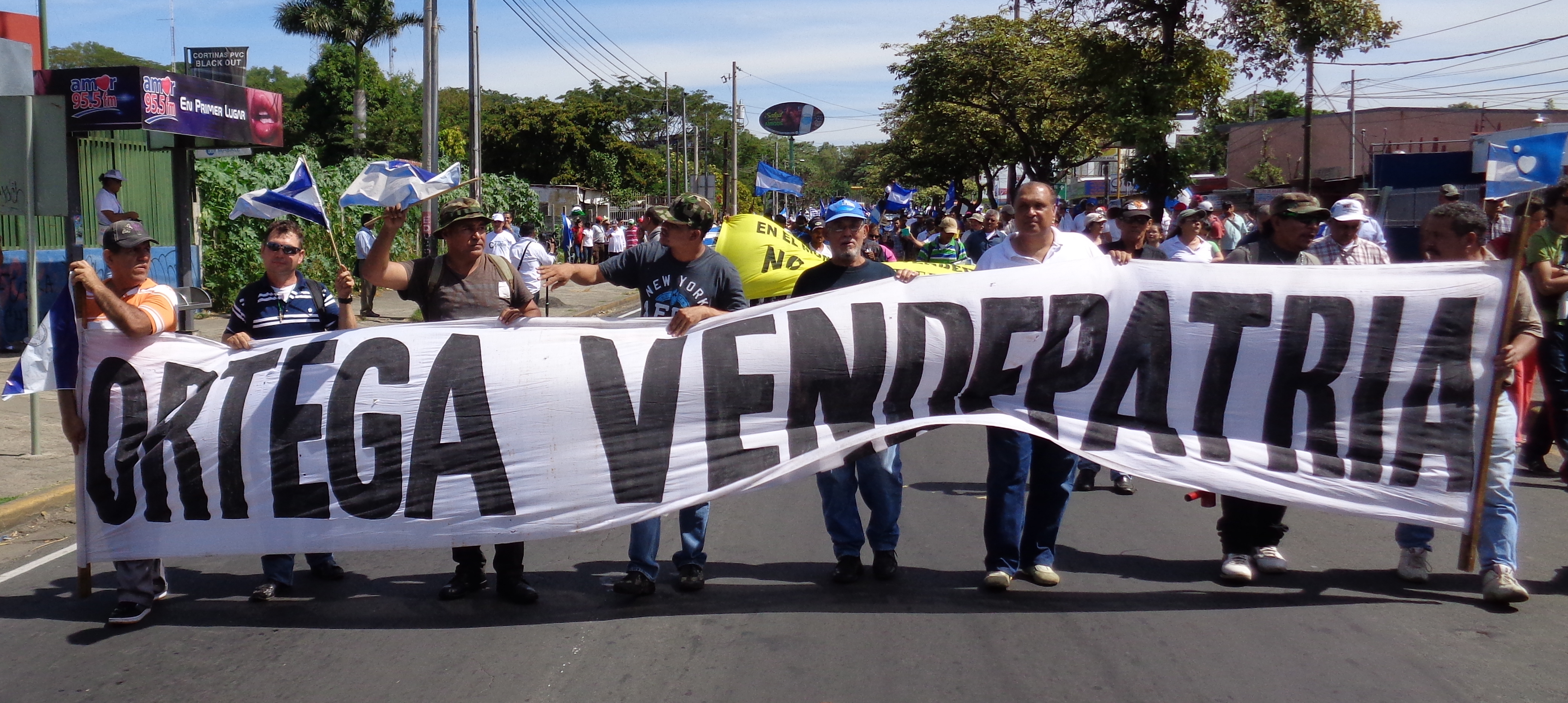The federal government agency charged with ensuring Canadian companies operate ethically abroad is ineffective and this country lags far behind other nations in preventing abuses, according to a new report from three human rights and corporate accountability organizations.
Above Ground, OECD Watch, and Mining Watch slammed the performance of Canada’s “National Contact Point” today in a report titled “Canada is Back, But Still Far Behind.”
The OECD Guidelines for Multinational Enterprises include ethical standards to protect workers’ rights and the environment and curb corruption. All participating governments, including Canada’s, are required to establish National Contact Points (NCP) to promote the guidelines, investigate complaints and ensure compliance.
But Canada’s NCP, a multi-departmental committee led by Global Affairs Canada, is failing in its role, the watchdog groups say in the report, which reviews the handling of five complaints against Canadian companies’ foreign activities. The complaints examined were directed at Canadian companies operating in China, Ecuador, Papua New Guinea, Mongolia and Zambia.
The guidelines from the Organization for Economic Cooperation and Development, which includes 35 countries, are not binding and the report says they aren’t working.
“The analysis really confirms the poor track record of the NCP in both preventing and providing remedy for cases involving human rights abuses or environmental degradation with regard to Canadian companies operating abroad,” said Geneviève Paul, program officer at Above Ground.
Human rights abuses include forced evictions and incidents of violence, many of them in the resource extraction sector, Paul said.
Residents who have suffered such abuses, NGOs or unions are among the “interested parties” who can file a complaint about the conduct of a Canadian company abroad.
The report alleges Canada’s NCP, established in 2000, lacks independence, unjustly delays complaint processing and is opaque.
The report notes the organization does not provide a complete registry of complaints it has received and says the threshold for a complaint to be accepted by the committee is too high.
“The process rarely concludes with an agreement or recommendations and there are no effective follow-up procedures in place,” reads the report. “In over 15 years of existence, the NCP has consistently failed to provide complainants with effective remedy.”
Paul said that the Canadian government needs to stop supporting companies that don’t comply with the guidelines through agencies like Export Development Canada.
Above Ground has called for an independent human rights ombudsperson for the resource extraction sector, a request repeated in today’s report.
The New Democrats’ Cheryl Hardcastle sits on the parliamentary subcommittee for international human rights.
Hardcastle backed the report’s criticisms, noting the NCP has lax oversight and rarely follows through on resolving complaints.
It’s in Canada’s interest to start ensuring companies have the same standards for their foreign operations as they do for their Canadian activities, she said, despite business protests they need to operate to a different standard to be competitive abroad.
“We say — ‘No, you do business to our standards,’” Hardcastle said.
Such an approach would not only be the right thing to do, but good for Canada’s international brand, she said.
Hardcastle said she agrees an independent ombudsperson is needed to oversee human rights in resource extraction industries and is optimistic one can be established under the Liberal government.
Paul said that along with better mechanisms to deal with complaints, Ottawa needs to scrap the idea that companies will behave responsibly out of a sense of duty.
“We need laws that require companies to respect human rights abroad and not leave it up, as it is now, to their willingness to respect voluntary guidelines,” she said. ![]()
Read more: Rights + Justice, Environment















Tyee Commenting Guidelines
Comments that violate guidelines risk being deleted, and violations may result in a temporary or permanent user ban. Maintain the spirit of good conversation to stay in the discussion.
*Please note The Tyee is not a forum for spreading misinformation about COVID-19, denying its existence or minimizing its risk to public health.
Do:
Do not: